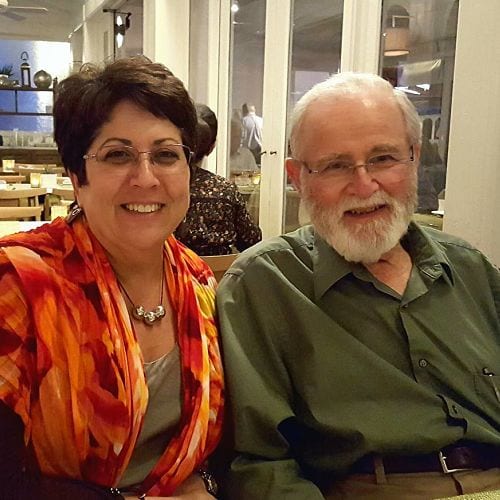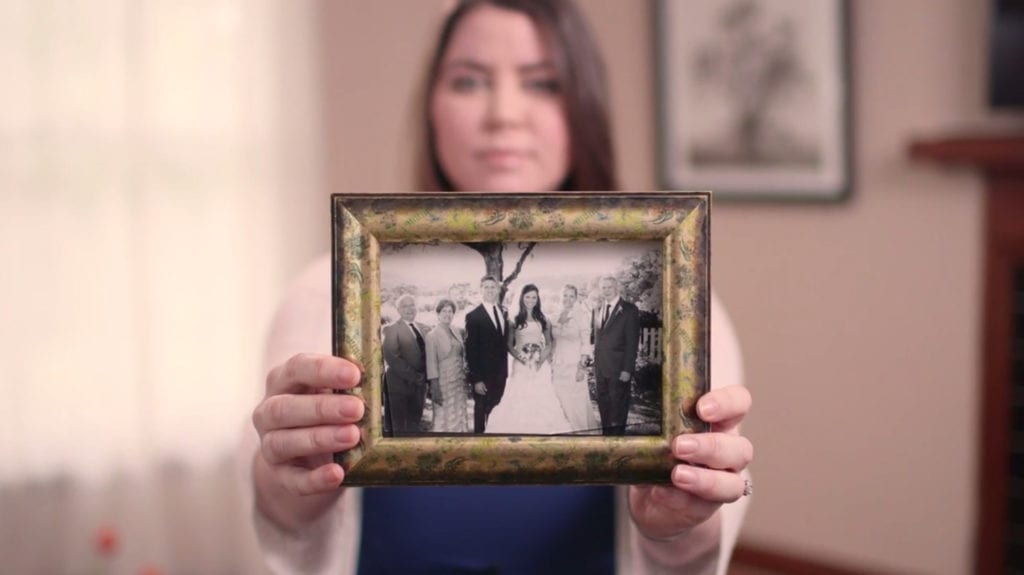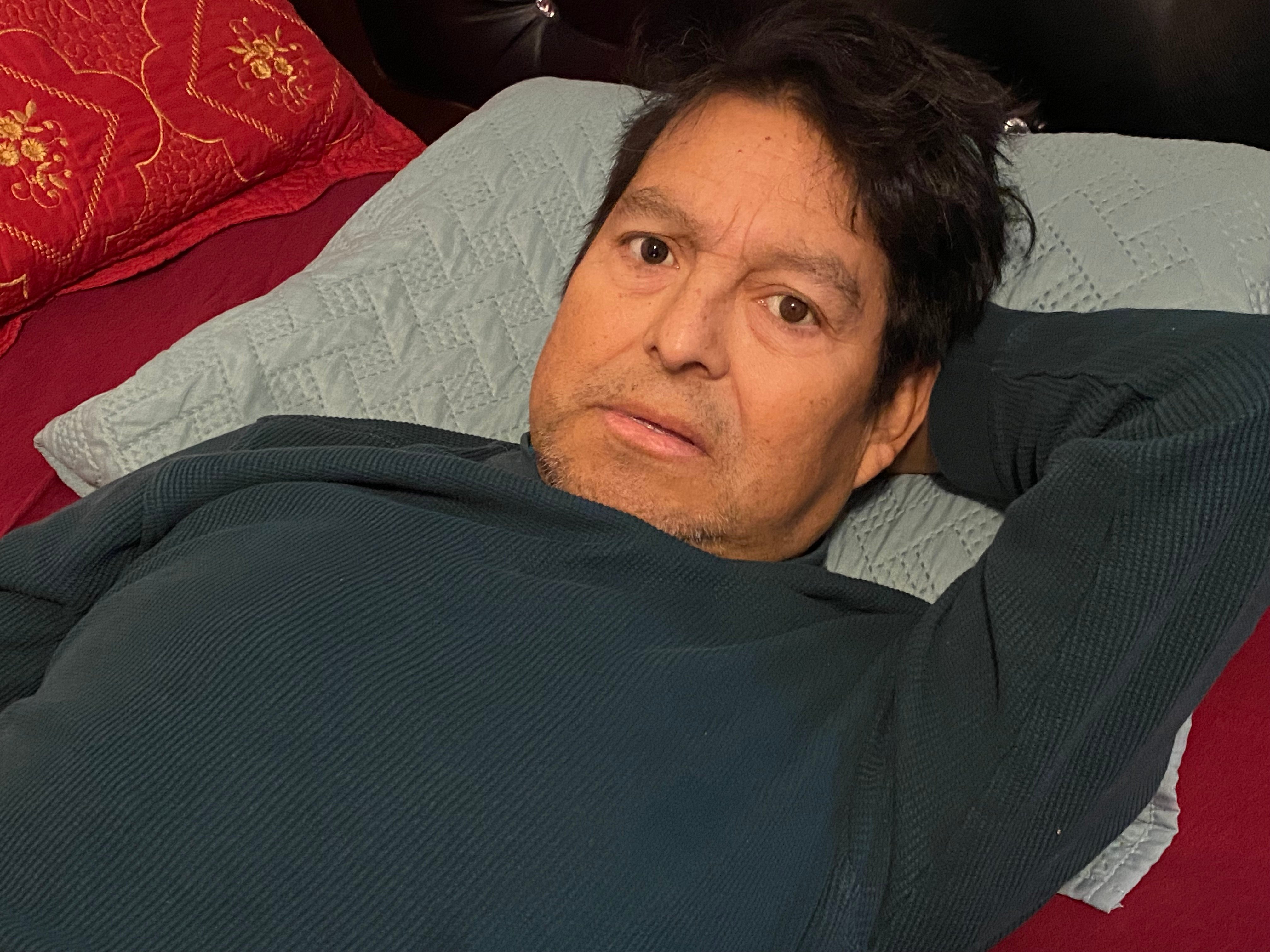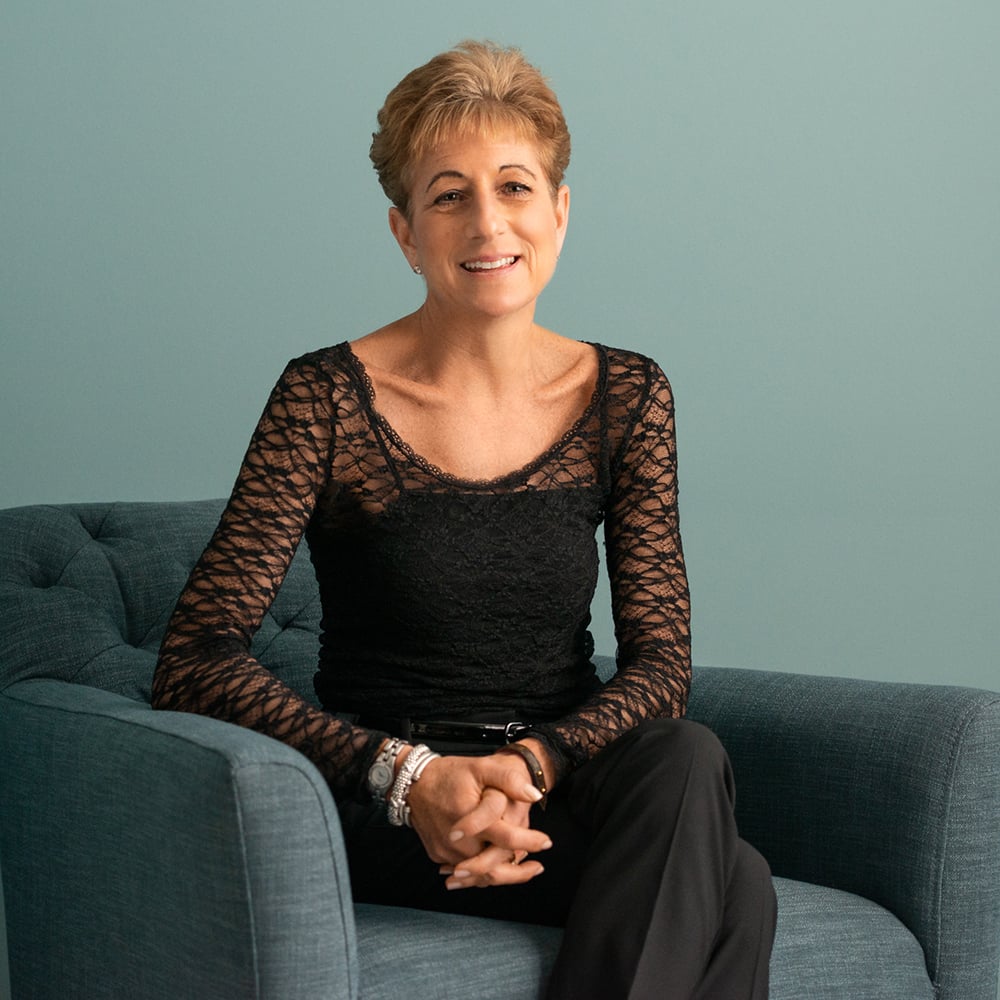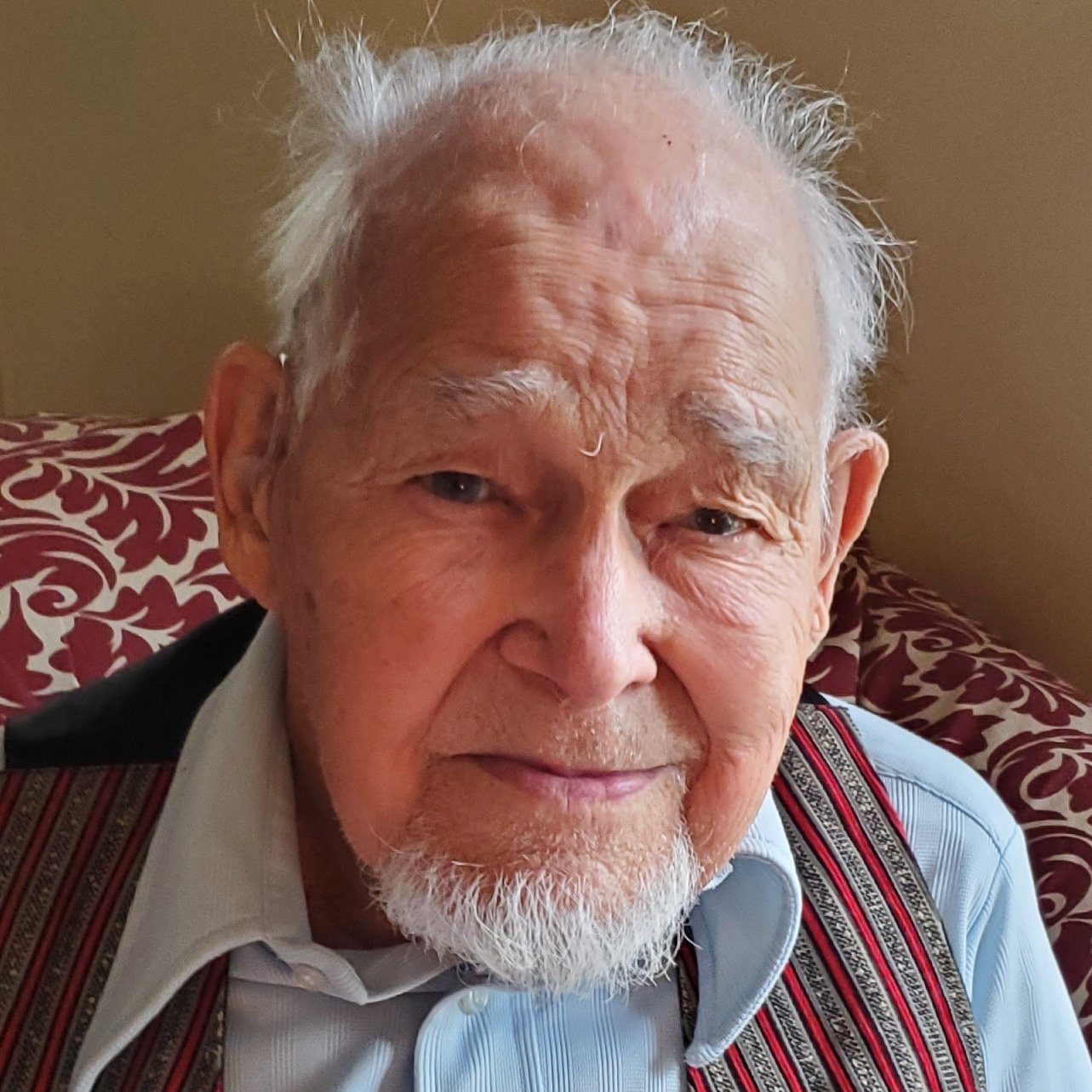Liz shared her story in July of 2019.
On October 23, 2018, my father, Edwin Knapp, was diagnosed with pancreatic cancer. Dad had spent two weeks in September on a hiking trip in Switzerland and had attributed his symptoms of itchiness, tiredness, jaundice, changes in his digestion, and weight loss to outside influences – jet lag, strange bed, different diet, etc. He figured once he returned home to northern California he would rebound.
His symptoms, however, did not cease upon returning home. Dad had planned to move to southern California, where my husband and I live, at the beginning of November and decided it was wise to see his doctor before the move.
During his appointment, my father’s doctor found a mass located at the head of his pancreas. Dad was admitted to the hospital and was diagnosed with stage 1 pancreatic cancer. His doctor informed him that he was eligible for the Whipple procedure, a complex and enormously invasive operation to remove his tumor. He also met with an oncologist to discuss the option of chemotherapy.
At 85, my father wanted to maintain the best quality of life he could, even if that meant shortening his remaining time. He knew that surgery and chemo would significantly degrade his enjoyment of life and firmly declined both options, “I don’t want to spend one more day in the hospital than I absolutely need to.” He canceled his move to southern California and remained at his home, but received alternating visits from my brother, sister and me.
In January, dad received five days of highly targeted radiation. This treatment was not a terribly unpleasant intrusion in his daily routine, and the side effects were minimal. He continued to enjoy activities with his friends and went about the business of living. At his check-up in April, he was told that the cancer had spread to his liver and peritoneum (the thin membrane that covers most of the organs within the abdominal cavity), and was now at stage 4. His doctor informed him that he likely had three to six months left to live.
My dad was an extremely logical, methodical, and pragmatic person who liked knowing what might be coming around the corner. Years before, he had researched what he would do if he ever became seriously ill. After his diagnosis, being the planner that he naturally was, dad cleaned his house, got rid of a bunch of stuff, hired a fiduciary and put all of his affairs in order to make it easy on the people he was leaving behind.
My siblings and I met with our dad and his fiduciary in May. At that meeting, dad shared about his prognosis and that his doctor had expressed that he likely had closer to three months. He appeared alright physically, even though it had already been five weeks since that appointment.
The week before my father died, he had a dinner party with family and four of his closest friends. There, he mentioned that he used to want to die in his sleep, but he had since changed his mind. He now felt it was better to be able to say goodbye to people and to plan for his inevitable death.
Three days after the dinner party, my father was doing significantly worse. My brother was staying with him at the time and dad asked him to call his palliative care doctor. That’s when we all learned that dad had started the process of requesting medical aid in dying back in April when he found out his prognosis. Dad’s attending physician came by that Tuesday. By Friday, dad had received his medication.
The days before dad died were filled with telephone calls to say his goodbye to many family members and friends. Dad took his aid-in-dying medication on Saturday, June 8, 2019. His doctor was there to mix the medications and monitor dad's vital signs. Dad drank the first medicine, talked with us for 30 minutes, then took the second medicine. His doctor kept us informed: when dad became unconscious, when his heart stopped beating, when there were no more electrical impulses from his heart. His doctor’s presence meant that we didn’t have to wonder.
Medical aid in dying allowed our family to plan, and this was important because none of us lived in the same place as our dad. Dad got to write his own story and he didn't have to struggle in his last moments. Our father spent his last hour with us, looking at his garden and listening to his favorite music. He was sitting in his recliner, freshly showered and dressed, with his kids surrounding him. Dad’s release was peaceful. He simply closed his eyes, fell into unconsciousness, and life left his body. He was no longer sick, weak or needy. He was free.


